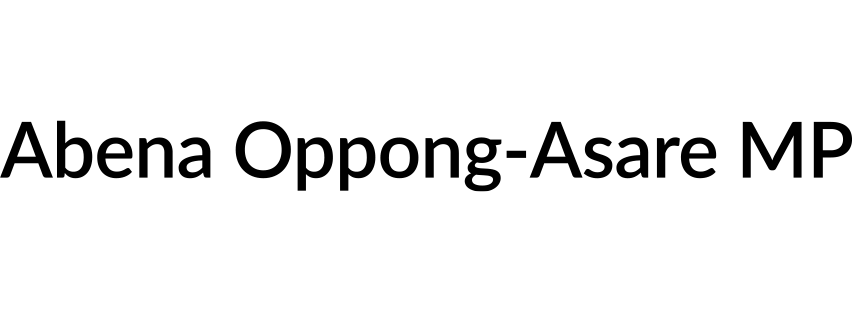Know your rights at work during Covid-19
On Monday 11th May, Prime Minister Boris Johnson, announced that lockdown measures would be eased. Since then I have been receiving emails from constituents asking for clarification on the updated rules and with concerns regarding returning to work.
It was irresponsible for Boris Johnson to suggest that lockdown measures had been eased without offering specific details about how we should regard public safety. I share constituent concerns that the Government has put the economy before human life and many will be asked to return to work without sufficient safety precautions being taken into account.
For those concerned about their safety, UK employment law offers some protections for employees that are important to note during this crisis. Section 44 of the Employment Rights Act 1996 provides employees with the right to withdraw from, and refuse to return to, a workplace that is unsafe.
This law relies on ‘the opinion’ of the employee and therefore can be used to justify refusing to enter a workplace based on the different scenarios and circumstances facing people throughout the pandemic.
It is important to note that those who can work from home should still do so and those on the shielding list should refrain from going into work. The Prime Minister aimed his easing of lockdown restrictions at those who are unable to work from home, such as construction workers.
Many constituents across Erith and Thamesmead have raised the issue that it is particularly difficult to socially distance on a construction site. Similar issues are now facing employees in schools and retail workers who had previously been furloughed.
Section 44. provides employees with the means to contest the suitability of safety arrangements without fear of recriminations. This means that an employee can refuse to enter an unsafe working environment without fear of being fired or suffering loss of wages.
Whilst I am pleased these employment laws exist to protect people, there will inevitably be some employers who expect employees back at work without conducting the appropriate risk assessments. I would encourage everyone to join a union who will be able to represent for your rights in the workplace.
Should your employment or safety become compromised during this crisis please do not hesitate to contact me for assistance and guidance at abena.oppongasare.mp@parliament.uk.


